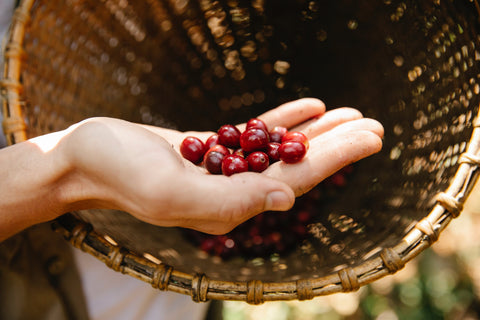
Organic coffee, everything you need to know
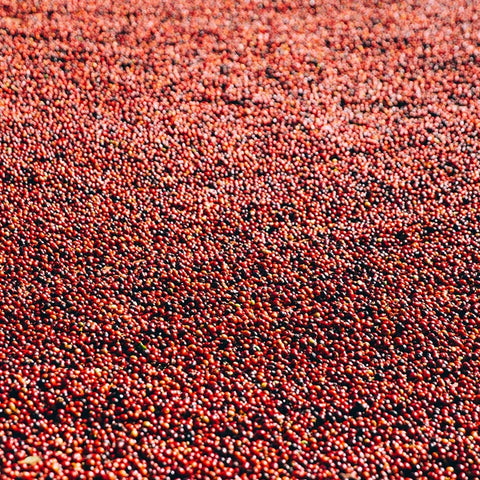
10 billion coffees per year
It probably won't surprise you that coffee is one of the most widely consumed commodities in the world. It is estimated that more than 10 billion kilograms of coffee are produced annually. Meeting such high demand is not easy. Over time, agricultural practices have evolved that maximize coffee production, but often at the expense of the environment and the health and quality of life of farmers. This coffee, which we most often see on supermarket shelves and which tempts us with its low price, is among the most chemically treated foods.
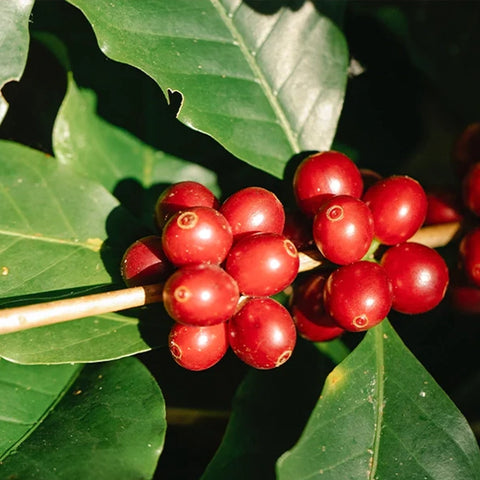
Different growing conditions for organic and conventional coffee
Conventional coffee cultivation usually uses varieties that prefer direct sunlight. They are often grown in large fields where the plants cannot be protected against pests and diseases naturally. Pesticides and artificial fertilizers are used to increase the yield of the fields. This not only affects nature, but also people who are exposed to chemicals. Many of them are highly toxic and harmful to human health.
Organic coffee comes from varieties that grow in shady environments. Harvesting takes longer, and farmers cannot expect to get as high yields as they would with subsidies. This coffee is grown only with organic fertilizers, such as coffee grounds, chicken manure, or compost. Growing this coffee is more difficult and the resulting coffee is also more expensive.
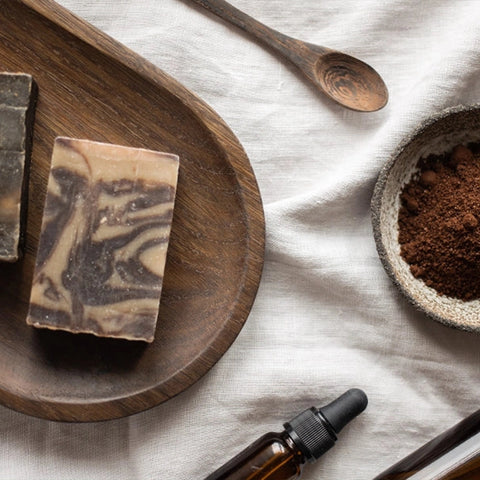
Coffee peeling
You can also make a coffee scrub from coffee grounds, which will help you get softer skin and remove dead cells. Just mix half a cup of coffee grounds, brown sugar, and coconut oil. After mixing all the ingredients, apply to your body and wash off after a few minutes.
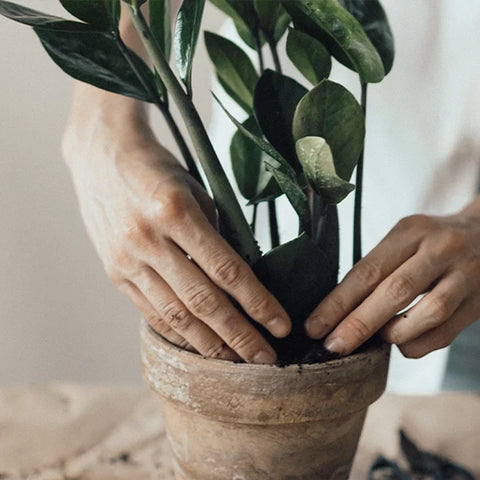
Fertilizer
One possible way to use leftover coffee grounds is in your garden. Coffee grounds are a rich source of nitrogen, phosphorus, potassium, and magnesium, making them a safe soil amendment for most plants. However, their acidic nature can be detrimental to plants that prefer neutral or alkaline soil. It is best to use coffee grounds in moderation and mix them into the soil along with other organic matter to ensure a balanced source of nutrients.

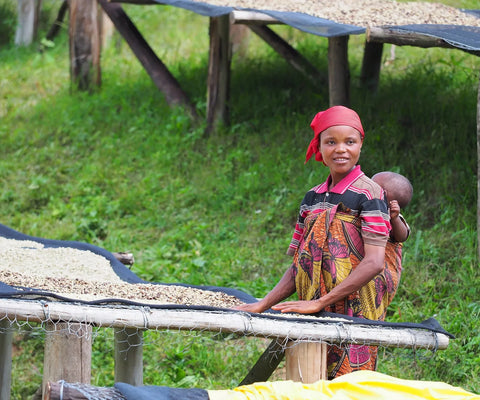
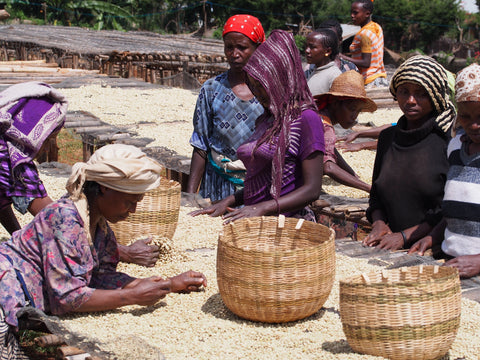

Comments (0)
There are no comments for this article. Be the first one to leave a message!